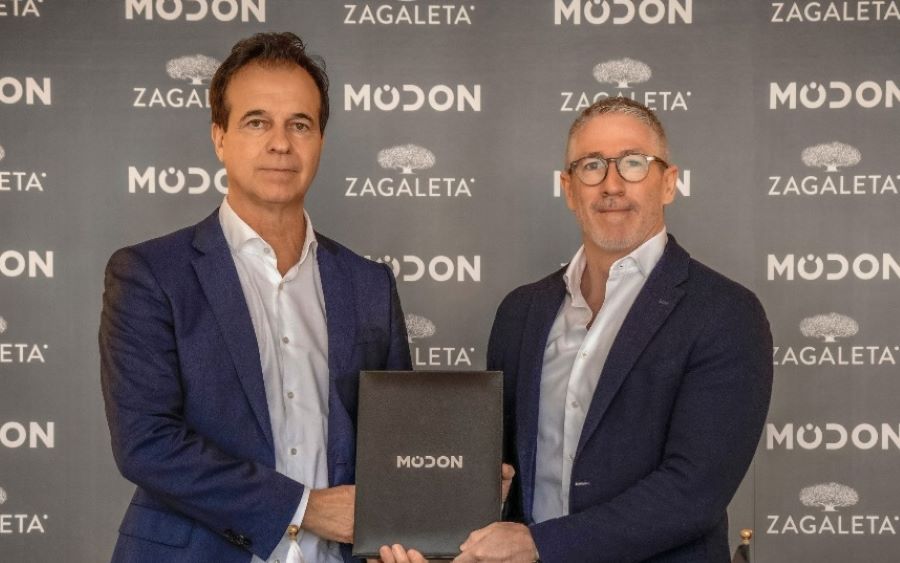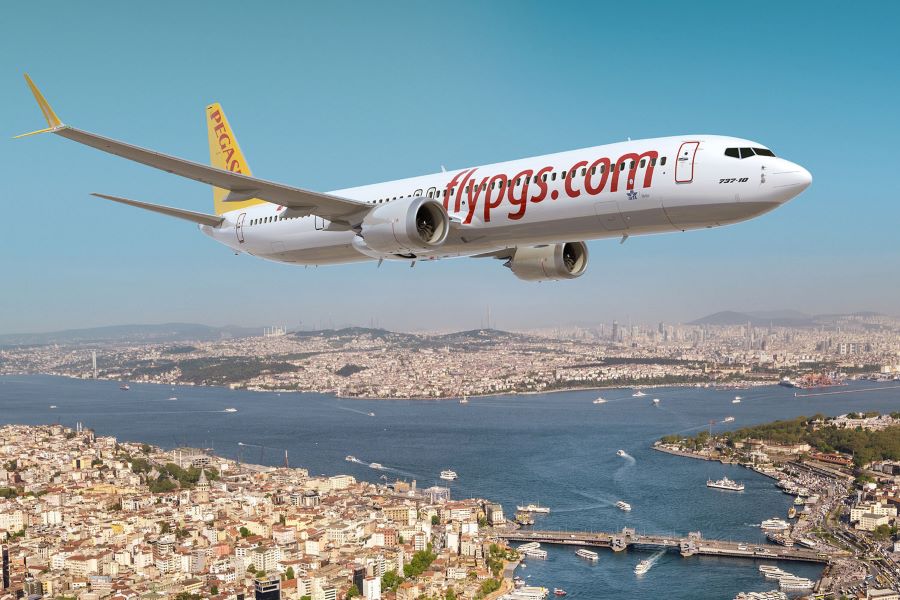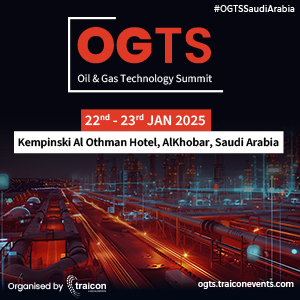
globalbizmag.com
ADNOC Gas Awards $615 Million Contract for Habshan CCUS Project
ADNOC Gas, a large-scale integrated gas processing company, on Tuesday announced that it has awarded a $615 million Engineering, Procurement and Construction (EPC) contract to Petrofac Emirates for constructing carbon capture units, pipeline infrastructure and a network of wells for carbon dioxide (CO2) injection at the Habshan gas processing plant, as part of ADNOC’s accelerated decarbonisation plan.
The Habshan Carbon Capture, Utilisation and Storage (CCUS) project is one of the largest carbon capture projects in the Middle East and North Africa (MENA) region and will have the capacity to capture and permanently store 1.5 million tons per annum (MTPA) of CO2 within geological structures deep underground.
ADNOC Gas will be responsible for building, operating, and maintaining the project on behalf of ADNOC.
Ahmed Mohamed Alebri, Chief Executive Officer of ADNOC Gas, said that integrated carbon capture projects, such as the Habshan CCUS project, were essential building blocks for ADNOC Gas to achieve its decarbonisation goals.
He added: “This project represents our commitment to significantly reduce greenhouse gas emissions while unlocking new and attractive commercial opportunities for delivering sustainable, lower-carbon growth for the company. This large-scale project reaffirms our steadfast commitment to maximizing energy output while minimising our emissions, steering us toward a more sustainable and environmentally responsible future.”
CCUS projects are recognised by both the Intergovernmental Panel on Climate Change (IPCC) and the International Energy Agency (IEA) as a critical decarbonization enabler in achieving global climate goals.
Over 65% of the contract value will flow back into the UAE’s economy through ADNOC’s In-Country Value (ICV) program, supporting local economic and industrial growth and diversification. The Habshan CCUS project is expected to be commissioned in 2026.
CO2 will be injected and placed for permanent storage in ADNOC Onshore’s Bab Far North Field, located approximately 150 miles southwest of Abu Dhabi.
Building on ADNOC’s landmark carbon capture facility, Al Reyadah, which has the capacity to capture up to 800,000 tons of CO2 per year, the Habshan CCUS project could support enhanced oil recovery of low carbon-intensity barrels and the production of low-carbon feedstocks such as hydrogen, to help customers decarbonise their operations.
Using best-in-class technology, the Habshan CCUS project will triple ADNOC’s carbon capture capacity to 2.3 mtpa, equivalent to removing over 500,0001 gasoline-powered cars from the road per year.
CCS Activity in GCC
According to Global CCS Institute, CCS project activity is spread across Qatar, Saudi Arabia, and the UAE – more specifically in Abu Dhabi. The combined annual capture capacity is around 3.7 Mtpa of CO2 at three CCS facilities:
While Qatar Gas captures 2.2 Mtpa of CO2 from the Ras Laffan gas liquefaction plant, Saudi Aramco captures 0.8 Mtpa of CO2 at its Hawiyah Naturals Gas Liquids plant. The CO2 is used to demonstrate the viability of enhanced oil recovery (EOR) at the Uthmaniyah oil field.
In Phase I (of at least three phases) of ADNOC’s Al Reyadah project, 0.8 Mtpa of CO2 is captured at the Emirates Steel plant in Abu Dhabi.
Both the Ras Laffan and Al Reyadah projects are already developing expansion plans. Qatar Gas expects to expand its capture rate to 5 Mtpa by 2025. This carbon capture new phase is expected to be accelerated after the announcement that the North Field expansion is the world’s largest liquefied natural gas (LNG) project.
ADNOC estimates that Phase II and Phase III will capture about 5 Mtpa of CO2 before 2030. This is expected to be captured from two sources: 2.3 Mtpa of CO2 from the Shah sour gas plant and another 1.9 Mtpa from the Habshan and Bab gas processing facility.
“CCS represents an opportunity in the region to reduce carbon dioxide emissions. Three operational CCS facilities in the UAE, Saudi Arabia, and Qatar already account for around 10% of global CO2 captured each year,” the CCS Institute said in its report entitled “Global CCS 2022.”
Moreover, the region has extensive experience in CO2 injection and storage with the In Salah CCS project in central Algeria being a world-pioneering onshore CO2 capture and storage project, which has built up a wealth of experience highly relevant to CCS projects worldwide, the report said.













